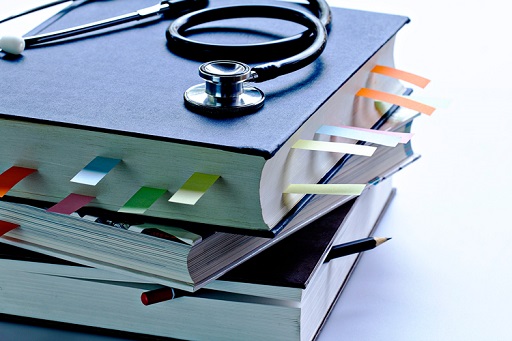PHYSIOLOGY OF HEART
Properties of the Cardiac Muscle::
1.Excitability or lrritability :It is the property of a tissue to respond to a stimulus
2. Contractility : Heart muscle contracts in response to a stimulus this property is known as contractility
3.Automaticity: It is the characteristic property of the cardiac muscle to generate its own impulse Normally SA node initiates the impulse and it is conducted through other junctional tissues to the whole heart within no time the property of conducting impulses from one part to another is known as conductivity AIthough the impulses in the heart comes through the juctional tissue of the heart each part of cardiac muscle can generate its own impulse
4.Rhythmicity: Because of automaticity and conductivity heart beats in a regular fashion the two atria and two ventricles alternately produce contraction and relaxation at a particular rate 70-80 per min throughout life this property is referred to as rhythmicity
5. All or none Phenomenon: The heart obeys the rule All or None i.e either it contracts to its maximum ability or does not contract at all Since the heart is a syncytium this rule is applicable to the whole heart
6. Refractory Period:: This is the period during which the heart does not respond to any external stimuli It has two phases : (a) Absolute refractory period and (b) Relative refractory period the absolute refractory period extends during the whole of systole and during this period heart connot respond to any other stimulus however strong it be the relative refractory period is observed during diastole and in this phase a strong extra stimulus can provoke a response the long refractory period of the heart gives it enough time to recover and to overcome fatigue generally a normal healthy heart does not get fatigued
7.Tonicity: This is a special feature of the cardiac muscle that keeps up certain amount of constant tension on the blood it contains




0 Comments